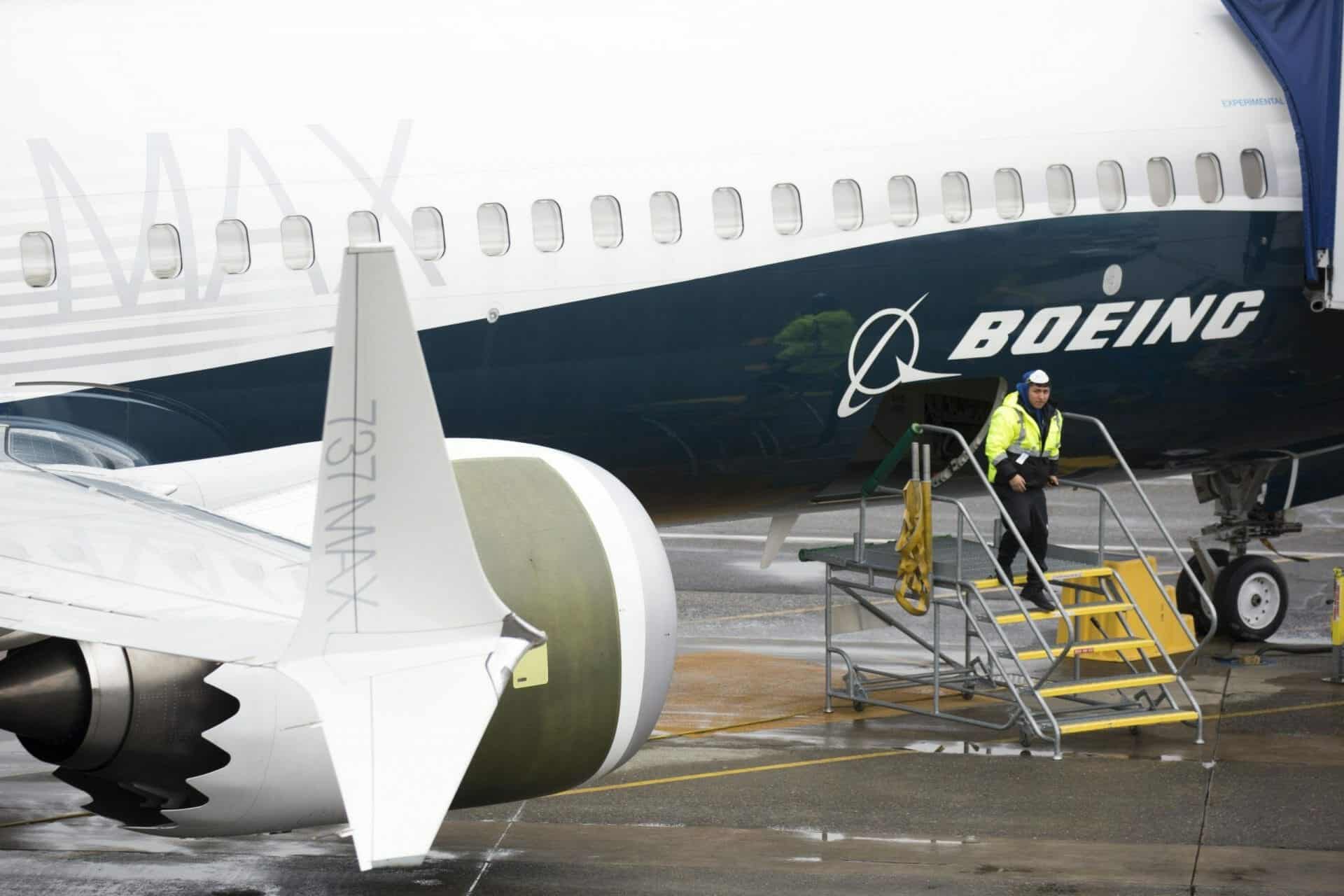A US judge has ruled that the Board of Directors of Boeing must face legal action from its investors over two crashes involving the company’s 737 Max aircraft.
Delaware Court of Chancery judge Morgan Zurn, in her 103-page ruling, threw out several of the charges the investors had leveled against the board.
However, she also observed about the board’s actions: “While the Audit Committee was charged with ‘risk oversight’, safety does not appear in its charter. Rather, its oversight function was primarily geared toward monitoring Boeing’s financial risks.”
And those financial risks and subsequent losses, since the Lion Air crash in 2018 and Ethiopian Airlines crash in 2019, have been significant, to say the least.
Boeing is said to have suffered losses to the tune of $20 billion in fines, lost orders and other costs.
Not the least of these was the $2.5-billion fine levied on it by the US Department of Justice in January this year.
The department said in a statement that Boeing had agreed to “pay a total criminal monetary amount of over $2.5 billion” after being sued for fraud.
The fine included a criminal monetary penalty of $243.6 million, and compensation payments to Boeing’s 737 MAX airline customers of $1.77 billion.
It would also set aside $500 million for the establishment of a crash-victim beneficiaries fund “to compensate the heirs, relatives, and legal beneficiaries of the 346 passengers who died in the Boeing 737 MAX crashes of Lion Air Flight 610 and Ethiopian Airlines Flight 302.”
The Delaware judge, however, went one step further when she observed that while those who lost their loves in the crashes were the primary set of victims, “corporate law recognizes another set of victims: Boeing as an enterprise, and its stockholders.”
She said in the order: “The crashes caused the company and its investors to lose billions of dollars in value. Stockholders have come to this court claiming Boeing’s directors and officers failed them in overseeing mission-critical airplane safety to protect enterprise and stockholder value.”
She also observed: “Because the crashes’ second wave of harm affected Boeing as a company, the claim against its leadership belongs to the company.”
The judge then went on to break down the investors’ claims into finer points, ultimately talking about the Caremark standards.
Caremark claims are described by articles from the Harvard Law School as “claims that directors breached the fiduciary duty of loyalty by not making ‘a good faith effort to oversee the company’s operations’.”
The judge ruled that she was denying the board’s plea that this part of the motion, where the investors said they breached the Caremark standards, were breached.
As a result, the investors now have the green signal to sue Boeing’s Board of Directors for the losses incurred to the company due to the crashes.








